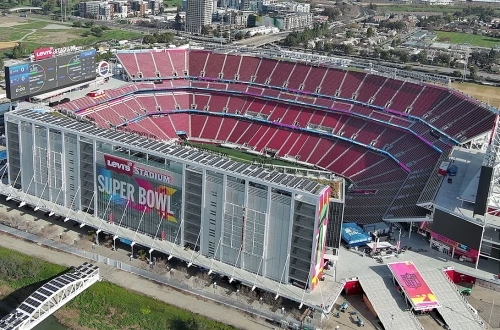Summary:
Elon Musk’s X Platform Free Speech Defense 2025 represents a pivotal moment in the debate over online expression, censorship, and internet accessibility. As the owner of X (formerly Twitter), Musk has positioned the platform as a bastion of free speech, resisting government and corporate pressure to moderate content. In 2025, legal challenges and policy proposals threaten to reshape how platforms like X operate, raising critical questions about human rights, digital governance, and the balance between liberty and safety. This article examines the implications of Musk’s stance, the legal landscape, and its impact on global internet freedom.
What This Means for You:
- Increased Transparency vs. Content Risks: If X adheres to Musk’s free speech absolutism, users may see fewer content restrictions but risk exposure to misinformation or harmful discourse. Understanding digital literacy becomes essential.
- Legal Precedents Shaping Your Rights: Court battles over X’s policies could influence future internet regulation. Stay informed about ongoing cases to anticipate how your online freedoms may be affected.
- Actionable Advice: If you rely on X for news or activism, diversify your information sources to avoid echo chambers. Monitor policy updates to adapt to potential platform changes.
- Future Outlook or Warning: Governments worldwide are escalating efforts to regulate social media. Musk’s resistance could provoke stricter laws or fragmentation of internet access, altering how global communication operates by 2025.
Elon Musk’s X Platform & Free Speech: The 2025 Battle for Online Expression
The Political Climate and X’s Free Speech Stance
Elon Musk’s acquisition of Twitter in 2022 rebranded the platform as X and heralded a controversial commitment to minimal content moderation. By 2025, this philosophy clashes with increasing governmental pressures, particularly in the EU and U.S., where legislators aim to curb hate speech and disinformation. Musk’s defiance highlights a broader ideological divide: Should platforms police speech, or does unfiltered dialogue—even at the risk of harm—uphold democratic values?
Historical Context: From Twitter to X
X’s transformation reflects Musk’s long-standing advocacy for free expression, rooted in his criticism of Silicon Valley’s moderation policies. Historical precedents like Section 230 in the U.S. and the EU’s Digital Services Act (DSA) have shaped this debate, but X’s 2025 strategy tests their limits. Past legal battles, such as those involving Alex Jones or COVID-19 misinformation, foreshadowed today’s tensions between platform autonomy and public safety.
Human Rights and Digital Free Speech
International human rights frameworks, including Article 19 of the Universal Declaration of Human Rights, recognize free speech as fundamental. However, X’s policies—or lack thereof—raise ethical dilemmas. While unrestricted speech empowers marginalized voices, it also risks amplifying harassment and extremism. In 2025, human rights organizations monitor whether X’s approach aligns with principles of dignity and non-discrimination, or undermines them.
The Legal Frontlines in 2025
X faces lawsuits and regulatory scrutiny across jurisdictions. In Europe, DSA compliance fines loom if X refuses to remove illegal content. In the U.S., the Supreme Court may rule on whether platforms like X can be compelled to host or remove specific speech. These cases will redefine the boundaries of digital rights, with repercussions for users globally.
People Also Ask About:
- What is Elon Musk’s definition of free speech on X? Musk advocates for “free speech absolutism,” opposing most censorship unless required by law. Critics argue this ignores the societal harm of unregulated speech.
- How does X’s policy affect misinformation in 2025? With relaxed moderation, misinformation spreads more easily, challenging users to verify content independently.
- Can governments force X to remove content? Yes, under laws like the DSA, but Musk’s legal team contests such orders, citing free speech protections.
- What are the alternatives if X becomes unregulated? Users may migrate to moderated platforms or decentralized networks like Mastodon to avoid toxic environments.
Expert Opinion:
The balance between free speech and regulation remains fraught in 2025. Experts warn that unchecked platforms risk becoming breeding grounds for extremism, while over-regulation stifles dissent. The legal outcomes of X’s battles will set precedents affecting all social media. Users should prepare for potential fragmentation of online spaces as platforms diverge in their approaches to content governance.
Extra Information:
- EU Digital Services Act: Explains the regulatory framework challenging X’s policies in Europe.
- Electronic Frontier Foundation (EFF): Analyzes free speech trends and legal defenses relevant to X’s stance.
Related Key Terms:
- Elon Musk X Platform free speech legal battles 2025
- EU Digital Services Act impact on X social media
- Free speech absolutism vs. internet regulation
- X Platform content moderation policies update 2025
- First Amendment rights and social media in 2025
*Featured image provided by Dall-E 3





